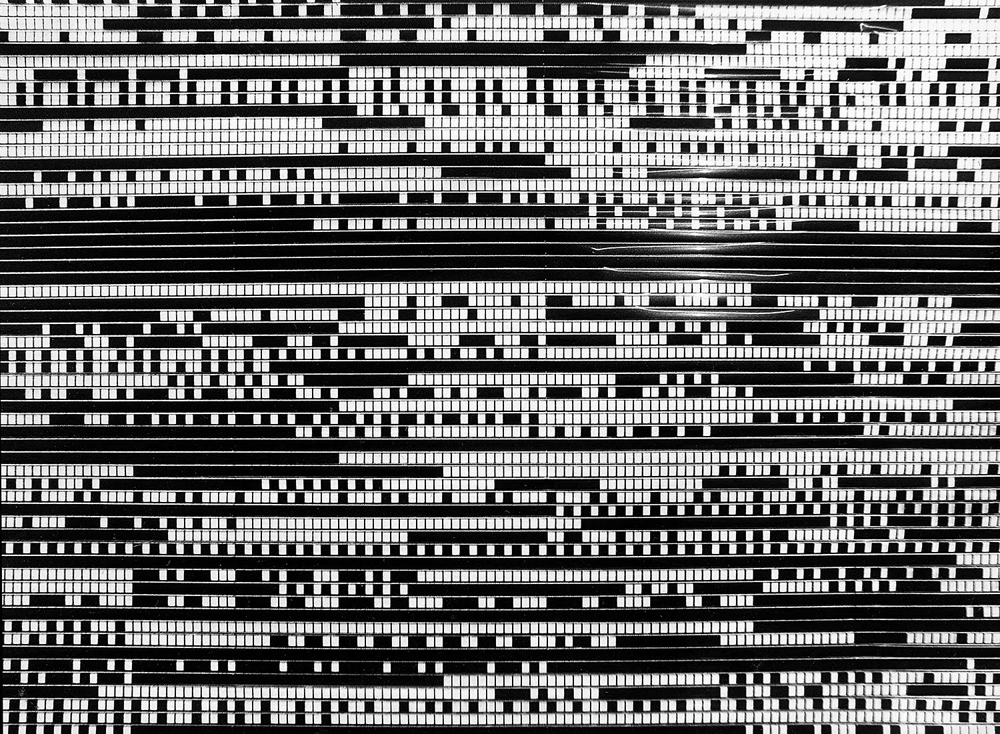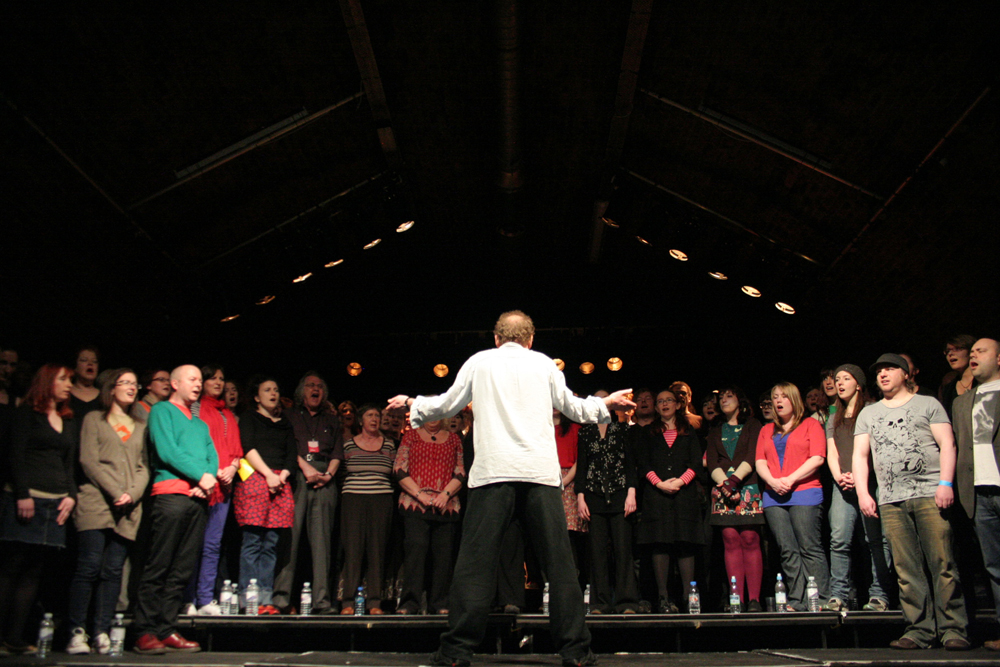
Film Programme 5: Form
Thomas Köner Tony Conrad Various Artists alva.noto
Reveling in the geometric, mathematical and perceptual relationship between sound and form, this programme features a landmark work of experimental film in Kubelka’s Arnulf Rainer; a complex, enduring and expressive of structuralist or flicker films.












